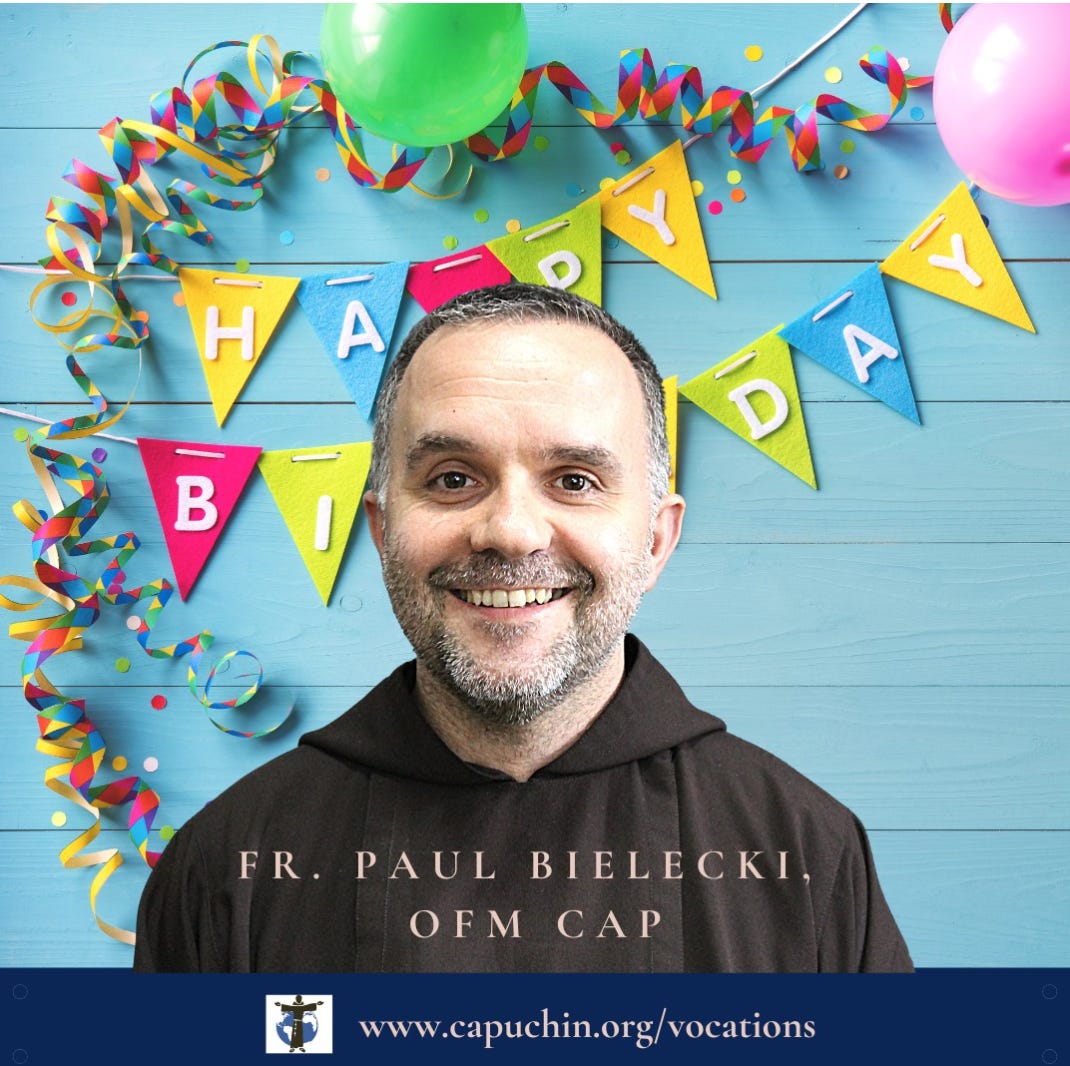Friar fail: Capuchin conman gets 5 years
A New York priest pretending to be a royal doctor stole more than $500,000. He was sentenced Thursday to federal prison.
The Capuchin priest who stole more than $500,000 by pretending to run medical clinics in Lebanon was sentenced to five years in prison Thursday, and ordered to repay the entire amount he stole from people who thought they were donating to his ministry as a physician.

